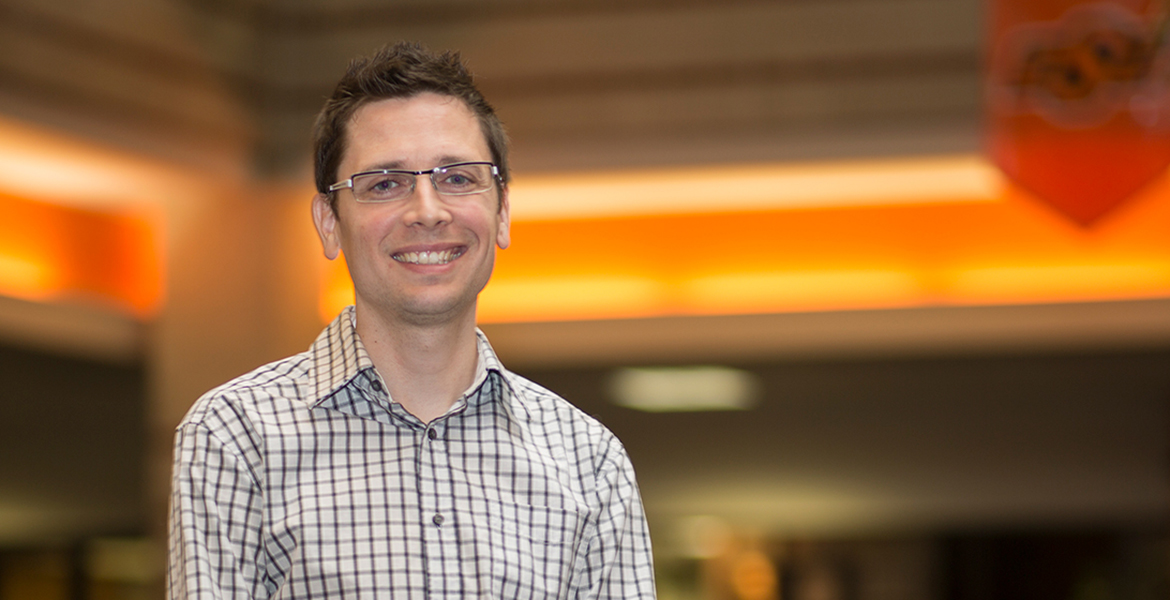
Research shows veterans more likely to be turned down for jobs with emotional or social responsibilities
Friday, November 22, 2019
New research from Oklahoma State University-Tulsa shows that veterans are often perceived as lacking empathy and emotional skill sets, which has a negative impact on job opportunities.
“People generally have a positive view of veterans,” Dr. Steven Shepherd, assistant professor of marketing and international business in the Spears School of Business and lead author of the study said. “But there’s a downside to that. When we think of people as heroes we tend to forget that they have feelings and can feel emotions and sensations.”
The research comprises 10 studies with almost 3,000 participants, from seasoned managers and recruiters to those with no hiring experience at all. Would-be employers were presented with one of two nearly identical resumes: one showing military service and one without. The researchers found employers saw veterans as more suitable for careers that involve planning and acting – but not for jobs that required more emotional and social ability. In several cases, the jobs veterans are seen as most suitable for are entry-level positions, or jobs that are being lost to automation.
“There’s a lot of talk now about unconscious bias as it relates to a lot of things: gender, race, ethnicity,” Shepherd said. “Those are difficult problems to solve. But being mindful of what those stereotypes are and trying check them may help us understand people for who they are instead of looking at them through a narrow lens.”
The research also indicated that clear communication that counters the negative stereotype might moderate the unconscious bias of potential employers. In one study, resumes featuring work experience associated with emotional depth and responsibility--such as working at an animal shelter--led to a significant reduction in this bias. The team plans to do further research to solidify this finding.
Shepherd and his collaborators continue to study stereotypes surrounding the roughly 20 million veterans in the United States. More projects are in the works now to tackle questions about what happens once veterans are hired. “Even if they do get hired, how are veterans seen? What jobs and tasks are they given? Do they feel like they belong?” Shepherd said.
Shepherd collaborated with Aaron Kay of the Fuqua School of Business at Duke University and Kurt Gray of the University of North Carolina at Chapel Hill. The research was funded by a Microsoft Military Affairs research gift.
Media Contact: Jamie Edford | 918-594-8024 | jamie.m.edford@okstate.edu
